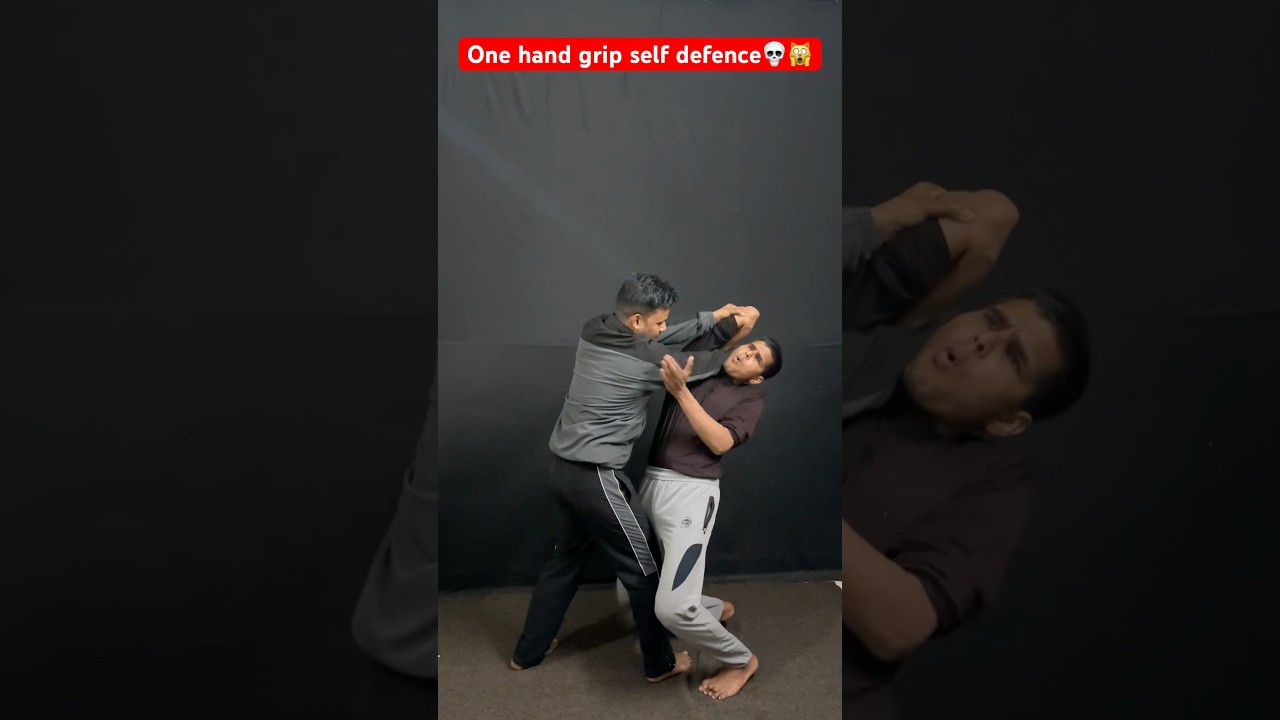Womens Self Defense
The Legal Foundations of Defense Preparedness: Understanding the Laws and Regulations

Defense preparedness is a critical aspect of national security, ensuring the safety and protection of a nation and its citizens. In order to effectively prepare for potential threats, it is important to understand the legal foundations that govern defense preparedness. Laws and regulations play a crucial role in determining the parameters of defense preparedness, defining the powers and responsibilities of defense agencies, and guiding the actions that can be taken in response to security threats.
One of the key legal foundations of defense preparedness is the Constitution. The Constitution of a nation sets out the framework for the government, including the division of powers between the executive, legislative, and judicial branches. The Constitution also establishes the rights and responsibilities of citizens, including the right to a national defense. The Constitution may also provide for the establishment of a standing military or provide for the ability to raise a militia in times of need.
In addition to the Constitution, statutory law plays a key role in defining defense preparedness. Statutory law refers to laws that are passed by the legislative branch of government, such as Congress in the United States. These laws outline the powers and responsibilities of defense agencies and provide the authority for the government to take action in response to security threats. For example, the National Defense Authorization Act is a key piece of statutory law that provides funding and guidance for the Department of Defense.
Regulations issued by government agencies also play a critical role in defense preparedness. Regulations are rules and procedures that are established by government agencies to implement statutory law. These regulations provide specific guidance on how defense agencies should prepare for and respond to security threats. For example, the Department of Defense issues regulations on everything from procurement procedures to rules of engagement for military personnel.
International law also plays a role in governing defense preparedness. Treaties and agreements between nations can impact how defense agencies operate and cooperate with foreign governments. For example, NATO alliance members are bound by mutual defense agreements that require members to come to each other’s aid in the event of an attack.
Overall, understanding the legal foundations of defense preparedness is crucial for ensuring national security. By having a clear understanding of the laws and regulations that govern defense agencies, governments can effectively prepare for and respond to security threats. By upholding the rule of law and adhering to legal standards, nations can ensure that their defense preparedness activities are conducted in a transparent and accountable manner.
Womens Self Defense
Empowering Women in Cybersecurity: Tips and Resources for Success

Hello ladies,
I’m Jade Tripp, your go-to expert in women’s self defense and personal protection. In this article, we will dive into the importance of being prepared and confident in any situation, and I’ll share some valuable tips and techniques to help keep you safe.
One of the most important aspects of self defense is being aware of your surroundings. Pay attention to who is around you, trust your instincts, and don’t be afraid to speak up if something feels off. For example, Sarah was walking home from work one evening when she noticed a man following her. Instead of ignoring him, she quickly changed direction and made a call to a friend for help. This simple act of awareness and assertiveness saved her from a potentially dangerous situation.
Another key component of self defense is learning practical techniques to protect yourself. Take the time to attend a self defense class or workshop, where you can practice techniques such as striking, blocking, and escaping holds. A great example of this is Amy, who was able to break free from an attacker’s grip using a simple elbow strike she learned in a self defense class.
It’s also important to have the right tools at your disposal. Consider carrying items such as pepper spray, a personal alarm, or a self defense keychain. These tools can give you a sense of empowerment and confidence in case of an emergency. Just ask Emma, who used her personal alarm to scare off an aggressor who tried to grab her purse on the street.
Remember, self defense is about being proactive and prepared, not living in fear. By staying aware, learning practical techniques, and having the right tools, you can feel more confident and in control in any situation. Stay safe, stay empowered, and always prioritize your own protection.
Stay safe and empowered,
Jade Tripp
Womens Self Defense
One hand grip self defence techniques#shorts💯☠️🙀#roadfight#short

One hand grip self defence techniques#shorts ☠️ #roadfight#short https://www.youtube.com/@Vipin_Kumar_90 . Related …
source
Womens Self Defense
How State Laws Impact Your Right to Defend Yourself

In the United States, the ability to defend oneself is a fundamental right. However, the extent to which individuals can exercise this right is largely determined by the state laws that govern self-defense. These laws vary significantly from state to state, and understanding them is crucial for anyone interested in protecting themselves in the event of a threat.
One of the key factors that determine the right to self-defense in each state is the concept of stand your ground laws. Stand your ground laws allow individuals to use lethal force in self-defense without having a duty to retreat first. In states with stand your ground laws, individuals have the right to defend themselves with force if they reasonably believe that they are in imminent danger of death or serious bodily harm. However, some states impose limitations on the use of deadly force, such as requiring individuals to first attempt to retreat before resorting to self-defense.
Another important consideration in determining the right to self-defense is the Castle Doctrine. The Castle Doctrine allows individuals to defend themselves in their homes, vehicles, or other places where they have a legal right to be, without a duty to retreat. This doctrine is based on the idea that individuals have a right to feel safe and secure in their own spaces and should be able to protect themselves without fear of legal repercussions.
Additionally, some states have specific laws governing the use of force in defense of others. In these states, individuals may be able to use lethal force to defend another person if they believe that person is in danger of serious harm or death. However, the laws surrounding defense of others can be complex and vary widely from state to state, so it is important to familiarize oneself with the laws in their specific state.
It is also worth noting that state laws on self-defense can affect the legal consequences of using force in self-defense. In some states, individuals who use force in self-defense may be immune from civil liability or criminal prosecution, while in others, individuals may still face legal repercussions even if they were acting in self-defense. Understanding the laws in your state can help you make informed decisions and protect yourself effectively in dangerous situations.
In conclusion, state laws play a crucial role in determining the extent to which individuals can exercise their right to self-defense. It is important to familiarize yourself with the laws in your specific state to understand your rights and obligations when it comes to protecting yourself and others. By being informed and prepared, you can effectively defend yourself in dangerous situations and ensure your safety and security.
-

 Womens Self Defense9 months ago
Womens Self Defense9 months agoNew Legislation Empowers Women to Defend Themselves
-

 Self Defense News1 year ago
Self Defense News1 year agoShe was convicted of killing her abusive boyfriend. Now a Maple Grove woman is home awaiting a new trial.
-

 Self Defense News1 year ago
Self Defense News1 year agoSelf-Defense for All: The new Gracie Jiu-Jitsu Pasadena is for everyone | Online Features
-

 Womens Fitness1 year ago
Womens Fitness1 year agoXtreme Bodyweight HIIT (Lots of Jumping!) | Joanna Soh (Fio Series)
-

 Womens Self Defense1 year ago
Womens Self Defense1 year agoTop 5 Self-Defense Techniques Every Woman Should Know
-

 Womens Self Defense6 months ago
Womens Self Defense6 months agoUnderstanding State-by-State Variation in Self Defense Laws
-

 Self Defense News1 year ago
Self Defense News1 year agoBRPD offering free self-defense classes for women
-

 Womens Preparedness1 year ago
Womens Preparedness1 year ago10 essential skills for surviving in the great outdoors



